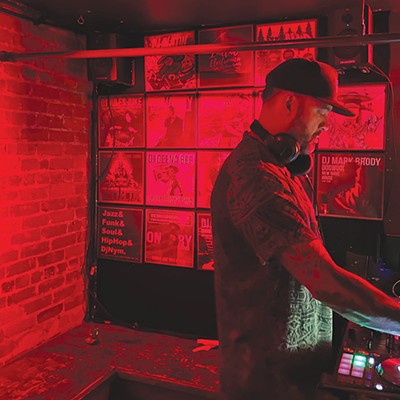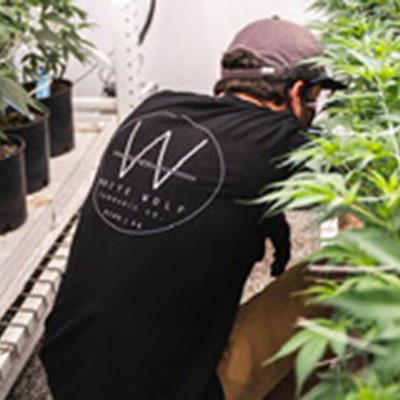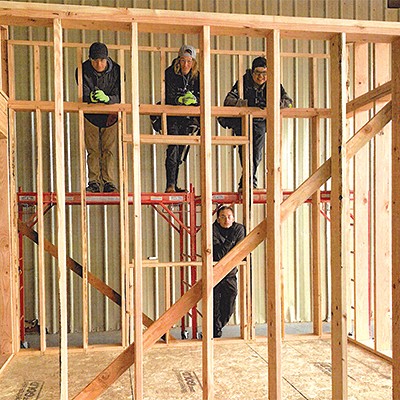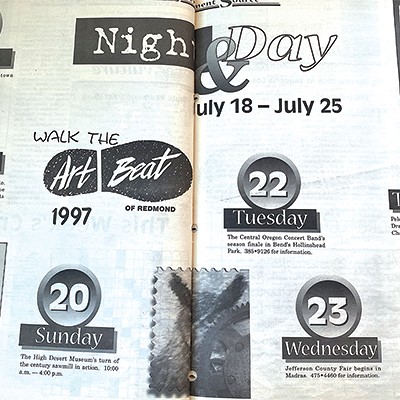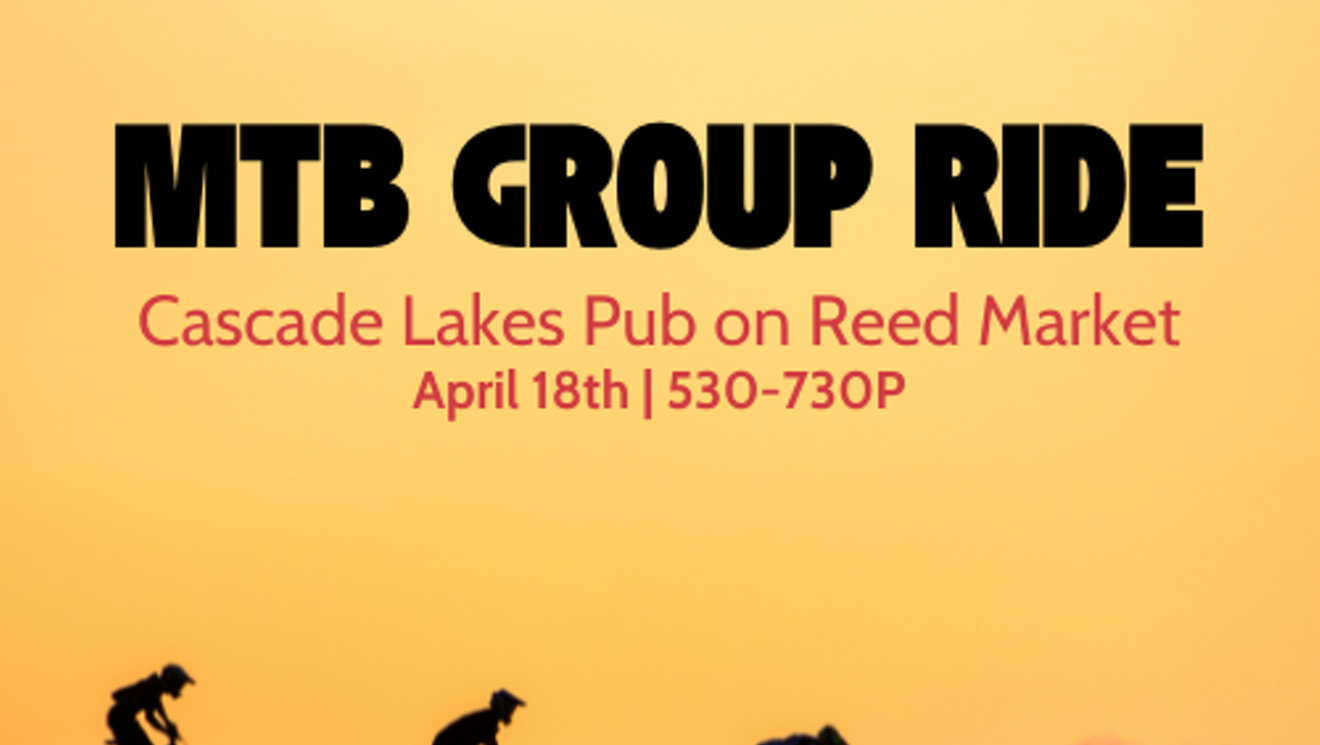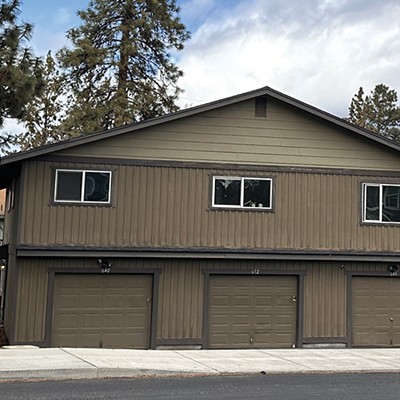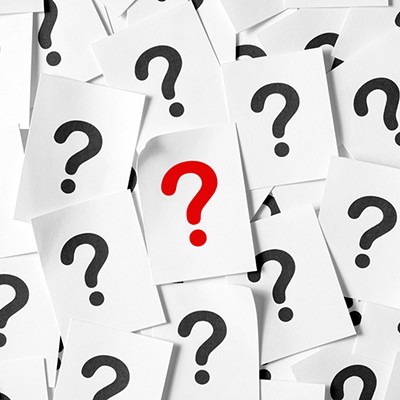It's a hell of a racket: Take one of the most abundant natural substances on Earth -- something that literally falls from the sky for free -- put it in bottles and sell it for $8 a gallon or more.
The bottled water business has been a great deal for the American beverage industry, which sold more than 8 billion gallons of the stuff in 2006 for nearly $9 billion. But it hasn't been such a great deal for consumers or the environment.
Food & Water Watch, a nonprofit consumers' group based in Washington, DC, has piled up an impressive stack of data to bolster its argument against bottled water. For one thing, a lot of the bottled water sold in this country -- as much as 40% -- is really nothing more than city water that's been purified. Reverse osmosis, the most commonly used process to remove particulates (solids) from the city water, generates huge volumes of waste water -- as much as nine gallons for every gallon of water that's purified.
Then there's the energy needed to make all those millions of plastic bottles -- an amount that in the US is equivalent to more than 1.5 million barrels of oil per year, enough to fuel 100,000 cars, according to a 2006 study by the Earth Policy Institute.
Tap water flows from the filtration plant to your home through pipes, but bottled water has to be loaded onto trucks and transported hundreds or maybe thousands of miles. That burns more gas and puts more tons of carbon dioxide into the atmosphere.
Finally, all those empty plastic water bottles have to end up somewhere, and the great bulk of them -- 86%, according to the same Earth Policy Institute research -- end up in landfills. (Oregon recently extended its bottle deposit requirement to cover plastic water bottles; only three other states have such laws.)
The environmental costs might be justifiable if bottled water really was cleaner and safer than the tap variety, as most consumers evidently believe it is. But as a rule, it isn't.
As we mentioned, as much as 40% of bottled water really is just tap water anyway -- although often marketed under deceptive labels that make buyers think they're getting "spring" water. And as Food & Water Watch points out, public water supplies, whose safety is overseen by the EPA, generally are subject to more stringent regulations and closer monitoring than bottled water, which is overseen (when it gets around to it) by the Food and Drug Administration.
The bottom line: There's no reason -- except maybe snob appeal -- to get your water out of a bottle instead of the good old kitchen tap. That's especially true here in Bend, which is famous for having some of the cleanest, purest, best-tasting tap water in the country.
If you'd like to kick the bottled water habit, you can get information on how to do it and "take the pledge" at Food & Water Watch's website, foodandwaterwatch.org/water/bottled. And to help you kick harder, here's THE BOOT.

